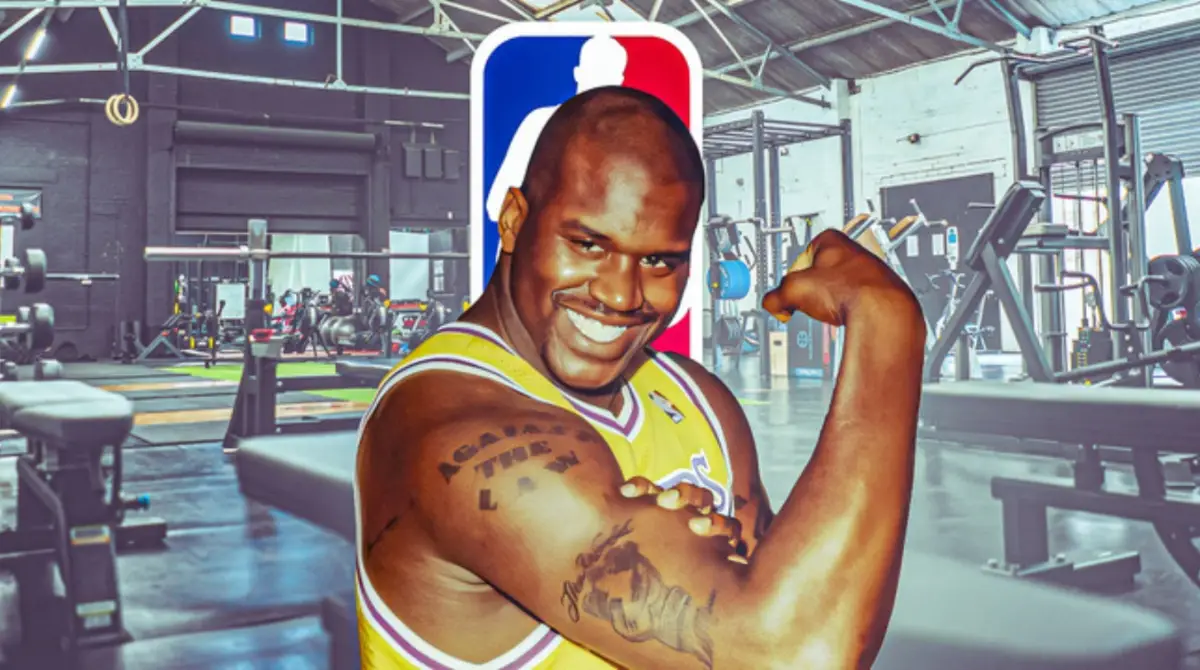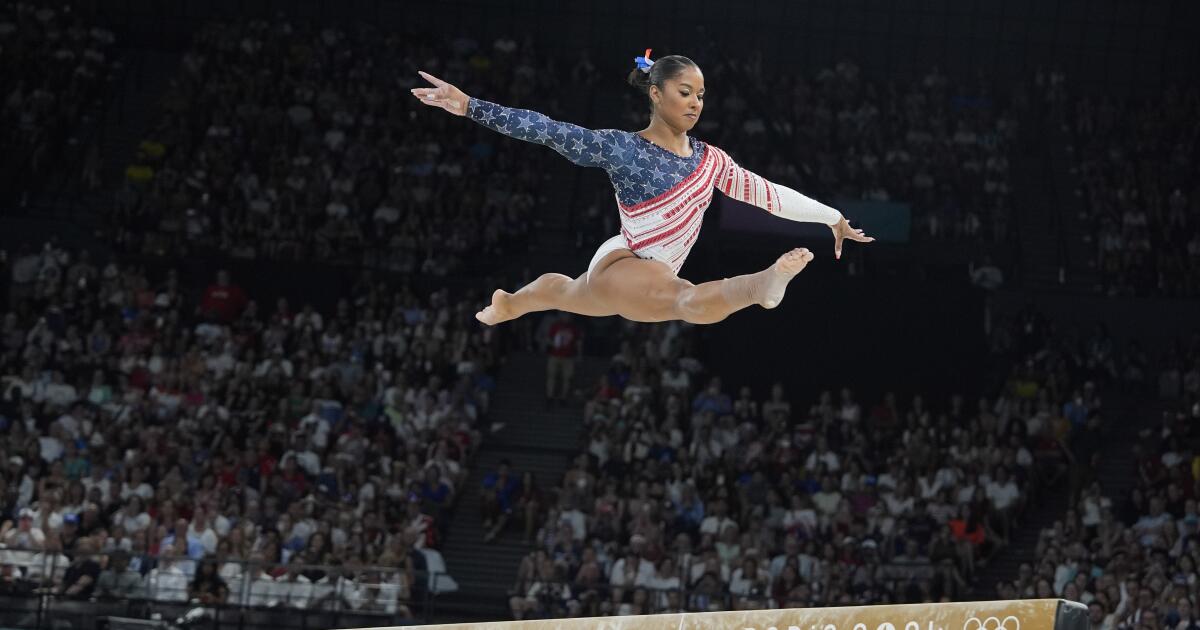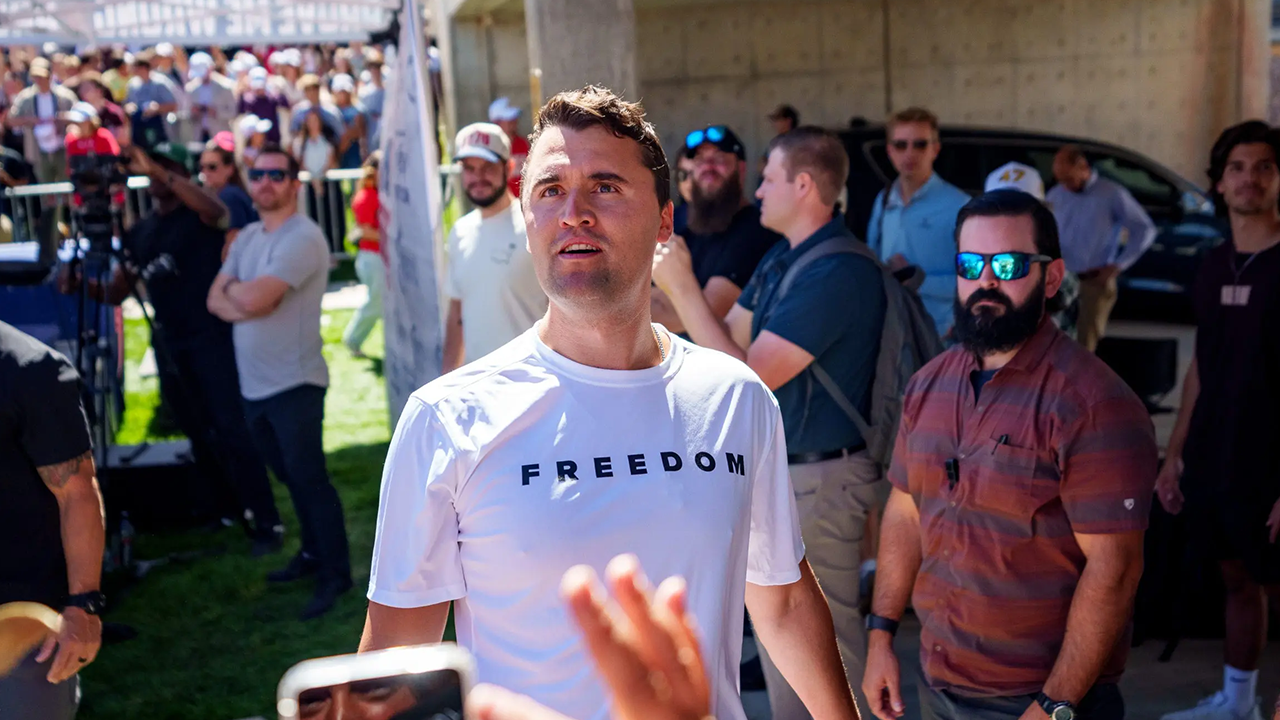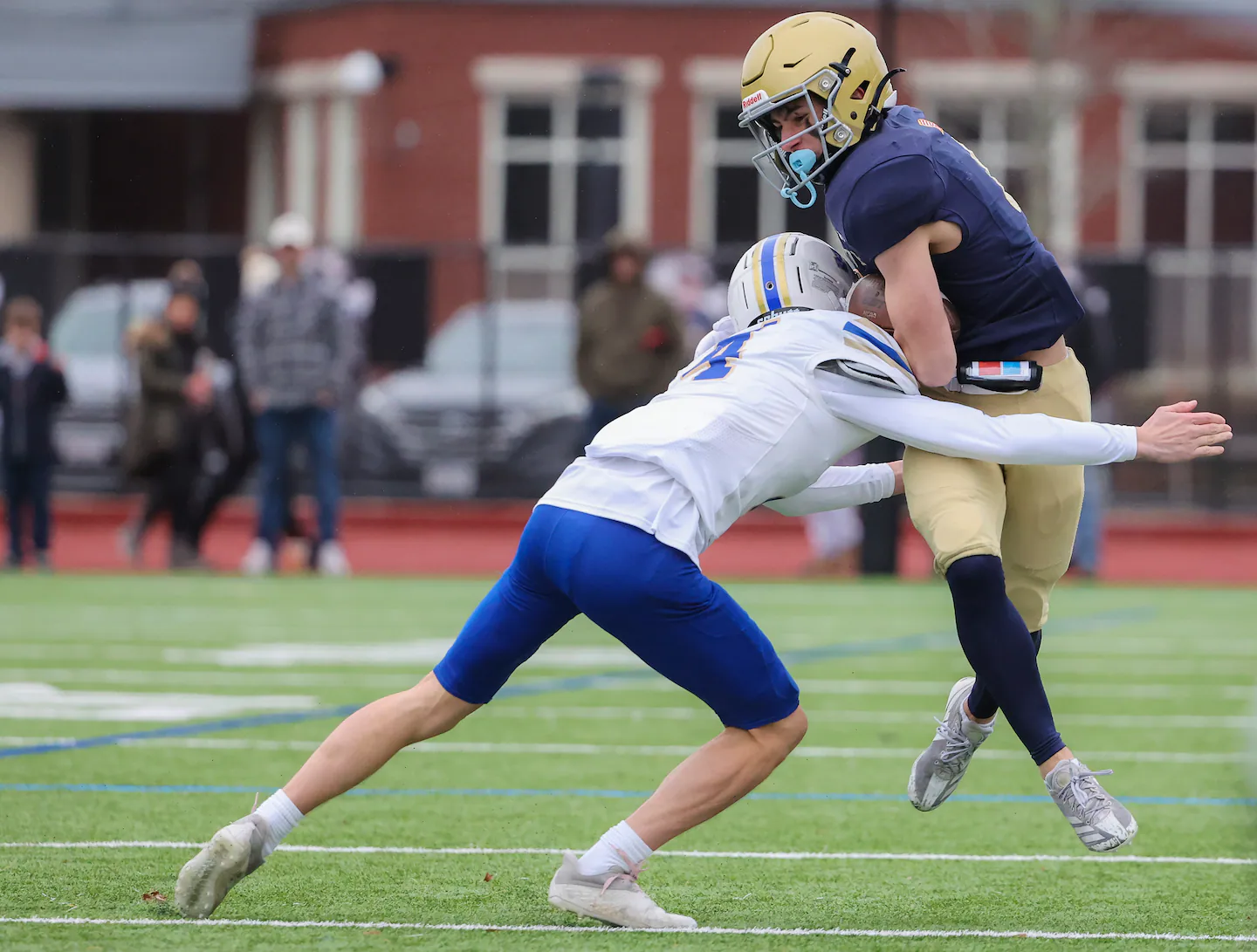By Ian Miller
Copyright outkick
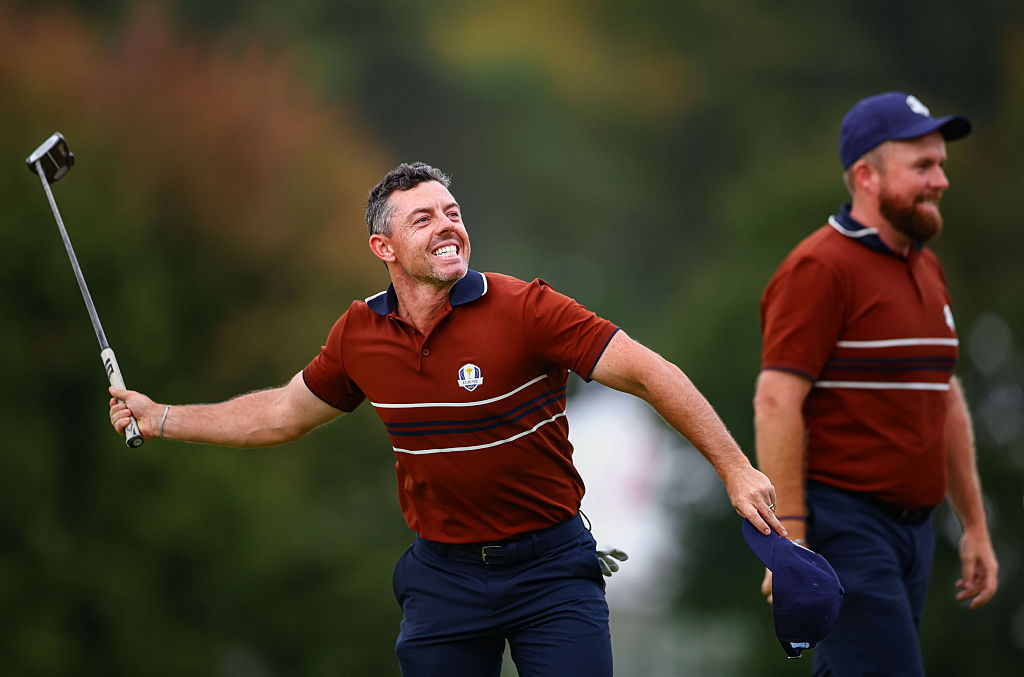
The “European” Ryder Cup team won the 2025 event at Bethpage Black, and in doing so highlighted the inaccuracy of several narratives created by golf media and social media users. Oh, and demonstrated to the world how much of a hypocrite team leader Rory McIlroy is when it comes to appropriate behavior on and around a golf course. McIlroy is perhaps the best example of the inaccuracy of preferred narratives around one of golf’s biggest events, where he responded to swearing and aggressive, inappropriate comments from fans by…swearing at them and being inappropriate himself. Then draped the European flag over a display of Bryson DeChambeau’s name, all while having the audacity to lecture in his press conference about how people should behave on golf courses. RELATED: Rory McIlroy May Have Given The Most-Hypocritical Press Conference In Sports History After Ryder Cup But hypocrisy, unprofessional behavior and getting away with it because golf media are cowards isn’t where McIlroy gets his on-course advantage in the Ryder Cup. That comes down to geography. Europe Benefits From Living In Both Places One of the most commonly repeated phrases in the lead up to the Ryder Cup and during the event was the difficulty of winning an “away” competition. Whether or not that’s true, or a simple product of the random variance inherent in small sample-size sporting competitions is a separate discussion. But what is undoubtedly true is that the 2025 Ryder Cup in New York was not an “away” match, by any stretch of the imagination, for a European team where the majority of the team lives, whether full or part-time, in the United States. Before going in depth on what that means for their roster, here’s a list of team Europe: Notice anything? Like, for example, the fact that all of them, literally all of them, have a house or live full-time in the United States? It’s even a running joke among US fans. That’s not to criticize them for it, it’s obvious why they would live in the US; they play the vast majority of their competitive golf in the US, and the US has far better coaching, training, facilities and climate for playing and practicing golf year round. But how that matters regarding the Ryder Cup is that they have an inherent advantage for events played in the US…and in Europe. Tommy Fleetwood, for example, played Bethpage for fun with YouTube golfer Grant Horvat recently. There was no need for any of them to worry about jet lag or adjusting to the Eastern Time Zone, because outside Rahm, they could all stay in literally their own homes before taking a short flight to New York. This isn’t an “away” matchup for them, because what makes sporting events home or away is lack of familiarity. And of course, they then retain a similar advantage when playing in Europe. Why? Well, because they grow up playing on the European tour, becoming familiar with golf in the UK or the continent. Many also have homes in the UK, making it easy to adjust to the European time zones ahead of say, the 2027 Ryder Cup in Ireland. For US players, the overwhelming majority will play one event per year overseas; The Open Championship. Scottie Scheffler’s likely spent about 20 days of his life involved in competitive golf in the UK. Even if it’s 30, so what, it pales in comparison to the European golfers’ experience in the US. Crowd Noise Doesn’t Actually Matter Much What about the crowds though, doesn’t that provide the actual “home” or “away” advantage? Nope. Not even a little bit. There have been several studies that examined the influence of crowd noise on “home field advantage” in sports. In fact, there’s even a book about it, called “Scorecasting,” written by researchers at the University of Chicago. Spoiler alert: it’s completely unrelated. “Some observers cite the noise made by home fans in explaining home-team advantage. That seems particularly the case in stadiums such as Century Link Field, home of the Seattle Seahawks. There, on December 3, 2013, in a game against the New Orleans Saints, the crowd roared at 137.6 decibels (dB), breaking the world record for the loudest outdoor sports stadium. (For reference, physical pain begins for humans who listen to sounds measuring 125 dB, and a jet flying overhead at a height of only 100 ft. hits about 140 dB.) But even taking into account crowd noise, Moskowitz and Wertheim were unable to find persuasive evidence that crowds on their own do anything to affect player performance,” as one summary explained. We conducted a natural experiment on this during COVID as well, where sporting events were conducted in empty stadiums. And sure enough, empty stadiums essentially did not impact home field advantage. So what does that leave as an explanation for higher winning percentages at home across virtually all sports? Familiarity. “It’s hard to imagine that fatigue is too much of a factor anymore, especially not in elite sport,” the study author said. “With the absence of fans not affecting results much either, that leaves familiarity.” Well, well, well. What is the advantage Europeans have playing golf in the US over American players playing in Europe? Familiarity. Familiarity with the courses, with the time zone, with the travel conditions, with things as important as the type of grass they’re playing on. Again, Tommy Fleetwood played Bethpage for fun on YouTube. Scottie Scheffler or Xander Schauffele won’t be filming YouTube content at Adair Manor anytime soon. Does this excuse the US’ performance? Of course not. The course setup was a disaster, as even Keegan Bradley admitted. There were questionable pairings that seemed, from the outside, to make little sense. They even made mistakes with how they sent out pairings, with Russell Henley playing odd holes in his match with Scottie Scheffler on Friday, despite odd holes favoring longer hitters like Scheffler. But the “European” players knew exactly how to play their shots out of the rough at Bethpage. They knew exactly how the ball would react on the greens and how to hit bunker shots. Because they’re familiar with it. That’s not an “away” match, it’s leveling the playing field. And it’s why Europe disproportionately wins the Ryder Cup. Despite what golf media says, Europe “caring more” and having better leadership is complete nonsense. Leadership doesn’t explain Justin Rose making every putt, nor does caring. Because if he could decide to care more and play better, why did he play so poorly on Sunday? Why did he play so poorly for 99% of the season? Why don’t European players win more majors? Why did Jon Rahm, Fleetwood, and McIlroy all lose their matches on Sunday, if they could simply decide that leadership and caring more was all that was necessary? Why did the US win in 2021 at Whistling Straights by the largest margin in modern Ryder Cup history? We focus on the wrong things in sports, because emotional narratives are appealing, and humans don’t like accepting randomness as an explanation for events, even a partial one. That doesn’t change the reality. And the reality is that the US team will always struggle in this event, because they don’t actually have a home field advantage.
